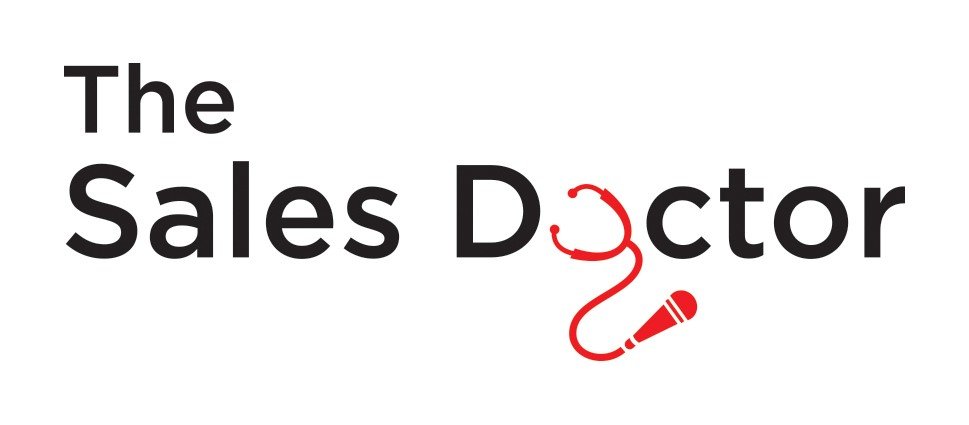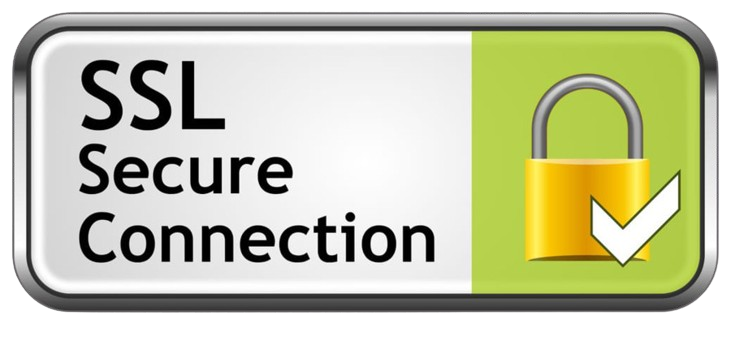Building ethical foundations in modern workplaces
In the intricate weave of professional relationships, trust forms the cornerstone upon which success, collaboration, and integrity are built. It is not merely an abstract notion of goodwill but a concrete obligation for every professional striving
to foster honest, respectful, and productive environments. This blog delves into the concept of trust as a professional obligation, its implications, and its indispensable role in creating thriving workplaces.
Trust is the cornerstone of business. It’s the basis of every human relationship, every interaction, every communication, every initiative, every work project and even any strategic imperative you need to accomplish. Without it, social groups can’t function properly.
The Essence of Trust in Professional Settings
Trust is often described as the glue that binds interpersonal relationships. In professional contexts, it transcends personal rapport to embody a shared commitment to ethical practices, reliability, and transparent communication. Trust means believing in the competence and intentions of your colleagues while also earning their belief in yours. It is the mutual assurance that fosters collaboration and allows individuals to focus on their responsibilities without fear of betrayal or undue competition.
Why Trust is an Obligation
In professional spheres, trust moves from being a moral choice to a binding obligation. This is because trust:
- Enhances collaboration: Teams that trust each other work cohesively, sharing ideas and responsibilities without fear of exploitation.
- Ensures accountability: Trust nurtures an environment where individuals take ownership of their actions and decisions, knowing they are part of a reliable network.
- Improves communication: Open and honest communication thrives in workplaces built on trust, reducing misunderstandings and fostering clarity.
- Supports ethical decision-making: Trust underpins ethical behavior, ensuring professionals act with integrity and fairness.
The absence of these attributes can lead to toxicity, inefficiency, and the erosion of organizational culture.
Building Trust: A Step-by-Step Approach
Establishing trust is not an overnight endeavor. It requires consistent effort, authenticity, and alignment of actions with values. Here’s how professionals can foster trust:
1. Commit to Transparency
Honesty is the foundation of trust. Whether it’s sharing constructive feedback or communicating the rationale behind decisions, transparency demonstrates respect and eliminates suspicion.
2. Show Competence and Reliability
Professionals must deliver on their promises, meet deadlines, and consistently showcase their expertise.
3. Foster Respectful Interactions
Respect is the bedrock of any trusting relationship. Listening actively, valuing diverse opinions, and addressing conflicts constructively pave the path to stronger bonds.
4. Prioritize Ethical Conduct
Ethics play a pivotal role in trust-building. Upholding integrity, avoiding favoritism, and safeguarding confidentiality assure colleagues that their trust is well-placed.
5. Be Vulnerable and Approachable
Acknowledging mistakes and seeking help when required humanizes professionals, making them more relatable. Authenticity fosters mutual respect and deeper connections.
The Ripple Effect of Trust
Trust does not merely benefit individual relationships, its impact echoes throughout organizations and industries:
Employee Engagement
A trusting workplace encourages employees to feel valued, motivated, and invested in their roles. It reduces turnover and fosters loyalty.
Productivity and Innovation
Teams that trust each other share ideas more freely, embrace collaboration, and push boundaries. This leads to groundbreaking innovations and higher productivity.
Client Relationships
Trust extends beyond intra-organizational boundaries. When professionals act with integrity, clients and stakeholders develop confidence in their dedication, ensuring long-term partnerships.
Culture and Reputation
Organizations with trust at their core build enviable cultures and solid reputations. They attract talented individuals and encourage enduring professional connections.
Navigating Challenges to Trust
Despite its importance, trust can be fragile and prone to challenges.
Professionals must navigate:
- Betrayals: Address breaches of trust with fairness but firmness to prevent recurrence.
- Misaligned goals: Align team objectives with organizational goals to mitigate mistrust arising from conflicts of interest.
- External pressures: Uphold trust even in the face of external uncertainties like market shifts or competition.
The resilience of trust lies in its ability to adapt and recover from setbacks.
Conclusion
Trust as a Lifelong Commitment
Trust as a professional obligation is not confined to high-profile leadership or client-facing roles; it is a universal responsibility. From junior employees to seasoned executives, every individual contributes to the collective trust landscape.
By championing transparency, respecting boundaries, and acting ethically, professionals not only enhance their personal credibility but also cultivate environments where ambition meets integrity. In an age of rapid technological advancement and shifting workplace dynamics, trust remains timeless—an obligation that nurtures growth, harmony, and the realization of shared dreams.
Let us all strive to keep trust at the heart of our professional endeavors, nurturing bonds that elevate both individuals and organizations toward enduring success.
WORDS FROM THE WISE
Trust is the lubrication that makes it possible for organisations to work … Warren Bennis
If you want to be trusted, you’ve gotta give trust … You’ve gotta give it to get it … Stephen Covey







